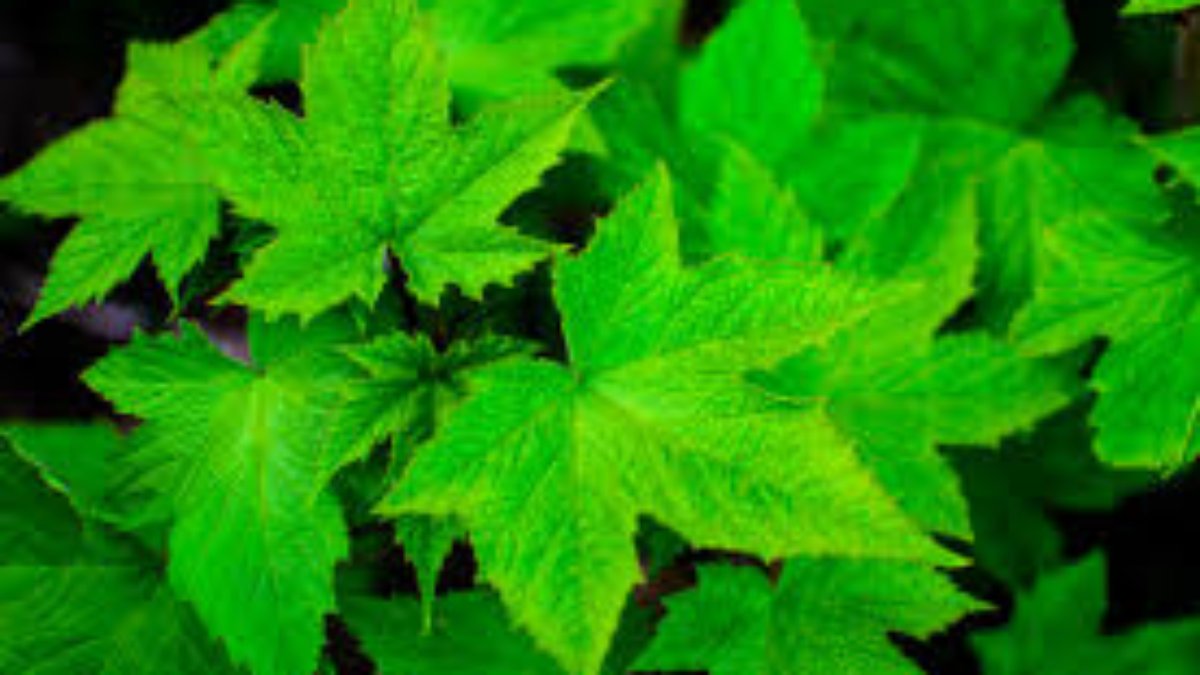
By Alice Hutchins
Plantations are being created all across the globe, that burn our rubbish and waste, in order to turn it into renewable energy such as electricity or steam. Although this may at first seem like a great idea, as it prevents the 251 million tonnes of waste that enter US land-fills, it may also pose a different kind of hazard to the planet and our health.
Australia is now considering implementing some of these combustion plantations across the country, after seeing the number of them that have been raised all across China. However, the Chinese citizens raised outcry and protest, fearing that these factories may cause toxic fumes to be released into the atmosphere during the burning process. These toxic gases could sit in the lungs, and manifest themselves in any number of health problems. However, after the 2016 blackout across South Australia, the Waste Management and Resource Recovery Association believe it is crucial to learn how to harness our excess waste and use it to our advantage.
Australia’s Environmental Protection Authorities, like the residents, fear that these plantations may become more of a hindrance than a benefit to the country. The major concern from this aspect is that burning waste in order to make renewable energy sources may eventually be considered more important than recycling. Recycling centres are crucial in reusing the plastics and food wastes that societies create, and these are better for the planet than burning the waste for human gain.
“We appear to have this system where waste-to-energy incinerations are being allowed to remove material recovery facilities [recycling centres] from their planned projects,” says Bremmer, head campaigner for ‘Zero Waste Oz’.
If these Bioenergy facilities are used to get rid of the waste that cannot be recycled and would subsequently go to landfill, then many argue that they are an efficient waste disposal system that ensures a flow of energy is always accessible. On the other hand, if these systems make recycling appear less desirable, and place more emphasis on the benefit of renewable power than on the regeneration of the planet, then they may become a far less popular option.
For example, the question as to whether these plantations are a source of green renewable energy and should, therefore, receive the allocated funding for this area, is a heated debate.
“We managed to control the emissions, like dioxins, but we are still turning the plastics into a greenhouse gas. If you have a good recycling program which deals well with waste, the feedstock for incineration disappears.” – Greens Western Australian MP and the party’s waste spokesman, Robin Chapple.
Perhaps we should be focusing our thoughts towards finding new ways to reuse and repurpose old materials, rather than destroying them altogether?
For more information please visit: